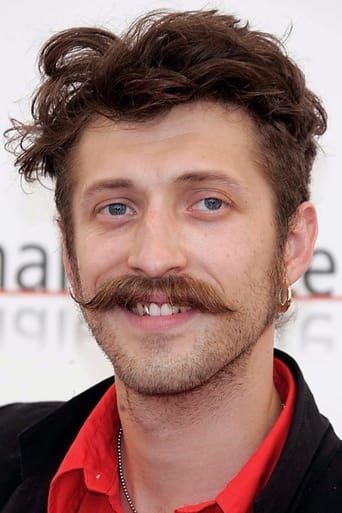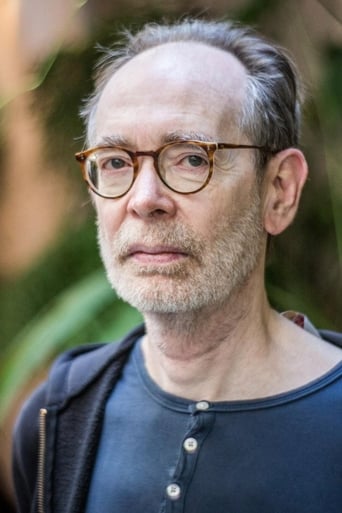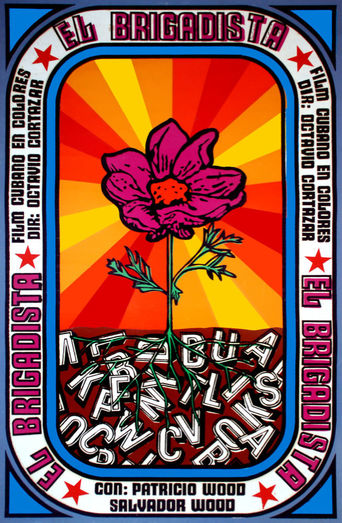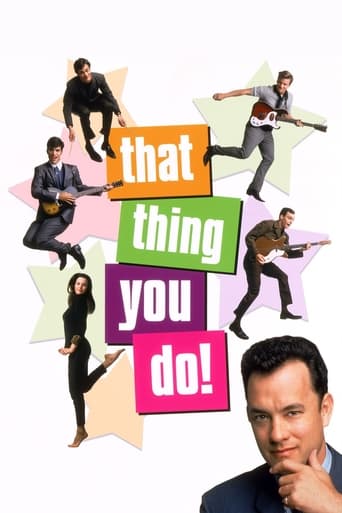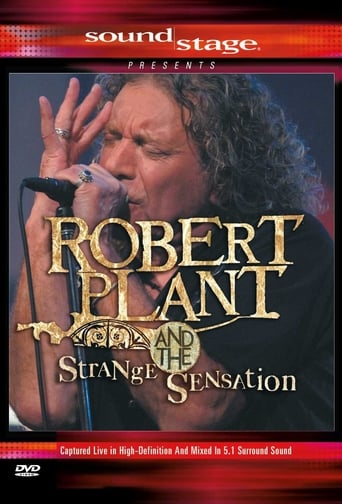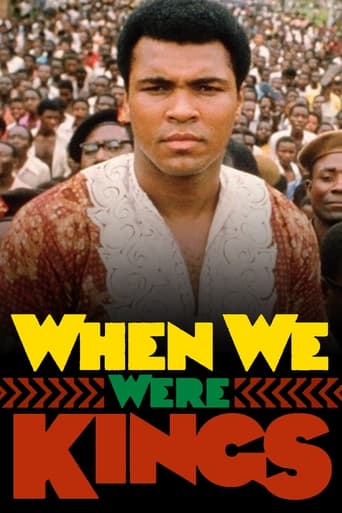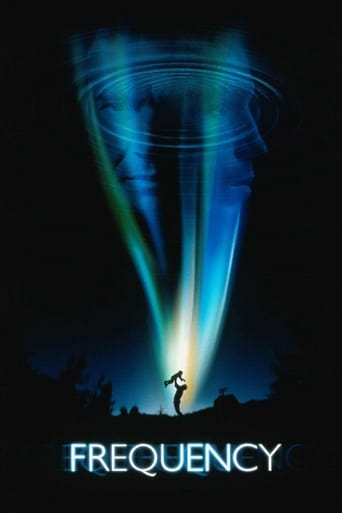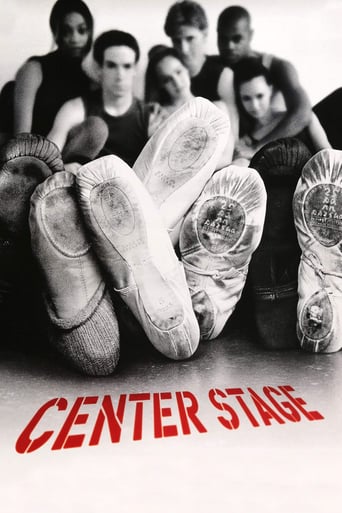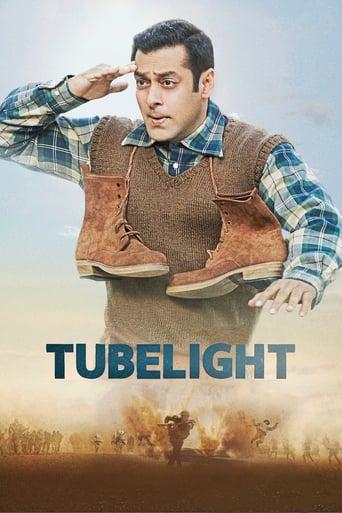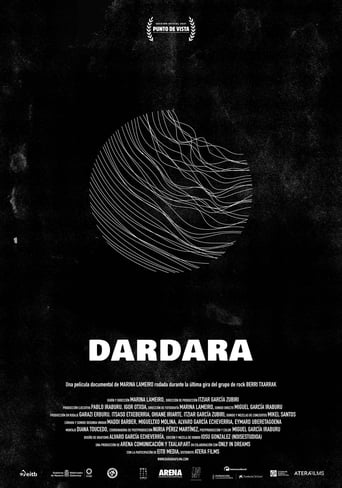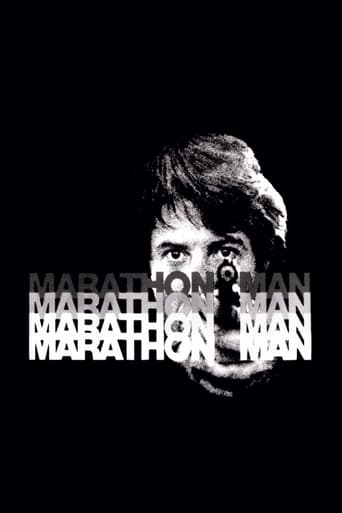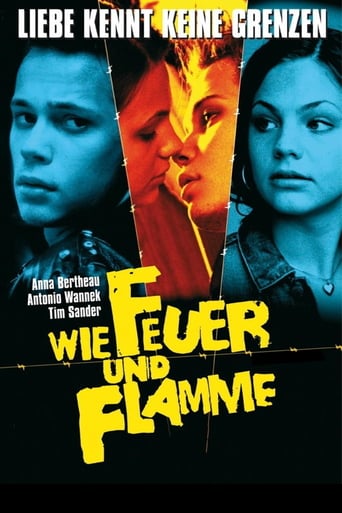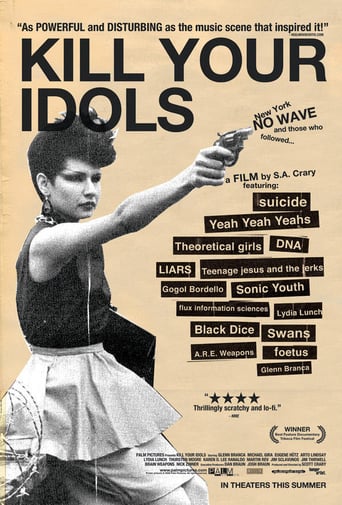

Kill Your Idols (2004)
A 2004 documentary on thirty years of alternative rock 'n roll in NYC.Documenting the history from the genuine authenticity of No Wave to the current generation of would be icons and true innovators seeing to represent New York City in the 21st century
Watch Trailer
Cast


Similar titles
Reviews
That was an excellent one.
So much average
Fresh and Exciting
There's no way I can possibly love it entirely but I just think its ridiculously bad, but enjoyable at the same time.
'Kill Your Idols' was awesome. There's your summary right there. The No Wave art movement and the bands that it spawned have become very integrated in my musical tastes and my way of thinking, and to be able to see some of the people (a lot of them actually) who were involved and hear about their journey was, for me, a very personal and fulfilling experience. So, I'm going to try and be as objective as possible. It's not going to be easy though...First off, I was born in '82, when the Swans and Sonic Youth were starting out, so I really don't have a sense of 'nostalgia' as such, since I am experiencing the might of that movement completely second (and maybe even third) hand. Also, I have lived my entire life about as far away from New York as possible, by design rather than by intention (though I can't say I am sad about it): my connection to the movement and the ideas were formed simply by following the history and influences of the bands I knew about, slowly revealing more and more of what the 'scene' was exactly and what had come from it. That said, again, the power of the music and the statements it made has affected me profoundly, so I believe (perhaps wrongly) that I am justified in having an opinion on it and being able to judge 'Kill Your Idols' for what it truly is, that being not a simple music documentary where the point is to say 'oh yeah, I remember when...' and play some concert footage. The point is to look at No Wave as an art movement, how it developed, and how it influences music today. In that, I believe it succeeds near flawlessly.The editing and style of the film is, in itself, very much in tune with the No Wave attitude. The frequent and quick cuts during interviews give it a very jerky feeling quite reminiscent of the music itself. Essentially it is presented in four parts: the actual No Wave movement (Teenage Jesus and the Jerks, Contortions, Suicide, DNA, etc.), the early 80s bands inspired by the movement (Swans, Sonic Youth and Foetus), the newer crop of bands (Black Dice, Liars, etc.) and the final part is an analysis, essentially, of how the new bands missed the point. Many people think that to be unnecessary, but I happen to agree with a vast majority of the statements made by the older generation as well as those made by Sergey Rjabtzev of Gogol Bordello, one of the only people of the newer crop who seemed to really grasp the ideas behind No Wave. Not only are they spot on (Lydia Lunch in particular), but it says a lot about modern music in general: how being different sells and how that is taken advantage of, whereas when No Wave was around, it was about not being liked, it was about spitting bile and wanting to mess with minds. I do like, personally, some of the newer bands, but I would not go so far as to say that they really grasped the concepts engendered by the movement and in fact half of them seemed really fake and cheesy (not to mention lame interviewees). Referring to something as harsh and warped as No Wave music as 'pure and innocent' for example...oh yeah, objectivity...ahem...Well, without telling too much, I think this should be required viewing for anyone who likes Swans, Sonic Youth or bands of their ilk to find out where they came from and learn about a very interesting and influential, if short-lived, period in American music, or for anyone interested in music-as-art in general. It's well made, poignant, often hilarious, and it manages to be much more than a simple trip down Nostalgia Avenue. It also conveys the principles behind the creation of the movement and the brotherhood (and sisterhood) that formed around it very admirably. Punk is dead, but I for one cannot thank Mr. Crary enough for providing a window and allowing us to look back at a time when it was very much alive.
Growing up punk rock on the west coast in the 1970s, the New York scene seemed like a very exotic (and distant) flower indeed. This documentary does a half way decent job of documenting that scene and its influence on NY alterna-rock circa 2002. The interviews are great (especially Lydia Lunch and Michael Gira) and there's some stunning footage, BUT: I would dearly have loved to have seen complete performances instead of excerpts of Teenage Jesus, DNA, Suicide, and The Contortions. And speaking of which , where's James Chance--is he simply not speaking about the old days, or did the filmmakers simply drop the ball? As for the contempo bands, the Yeah Yeah Yeahs do seem to be carrying on the No Wave spirit to best effect, but Karen O is either one of the dimmest bulbs on the Christmas tree or just a terrible interview subject. All in all, Kill Y(ou)r Idols does just enough--but only barely.
A short documentary about the New York, 'No Wave' music scene. Bridging past and present, this movie starts out well, and the interviews with some of the older artists were great. Truthful, unpretentious, no holds barred. What was 'No Wave?' A musical movement that grew out of Punk Rock. Was it Punk Rock? Well, sort of, but not really. It was/is a more artistic expression, more of an experimental ethic. Unconventional to be sure, but the association by sound (with Punk) isn't as strong as the ethic (revolutionary). This documentary was obviously trying to show the continuation of this ethic, from past to present. I think it would have been better served as a focus on the roots of this movement, as the connection to the current music scene (up to 2004), paints the current group as more concerned with commercial aspects of their success, than they are with an honest expression of their own music. I like the way they let the artists tell the story, but some of the footage was a bit rough (poor quality), and then there was the totally unnecessary scene depicting oral sex?! What the? Why was that in there? In the end, it was a part of my past that really enjoyed this movie.
In the first half of this great documentary, we meet the former members of the 70's and early '80s New York no-wave scene which included Suicide, Lydia Lunch, DNA, Theoretical Girls, Teenage Jesus and the Jerks, Swans, and Sonic Youth. We learn how truly underground and chaotic their thing was; they took punk to an extreme that the more familiar NY bands (Dead Boys, Ramones, etc) never dared. This was anti-music, atonal and extreme, but very much in step with the punk ethos of breaking down the barrier between artist and audience. These were some truly desperate and alienated human beings raging out with the only means available to them. The docu features original on-stage footage filmed in tiny clubs as they shrieked, abused guitars, and pounded away in desperation. Whether or not you like that sort of thing, the scene's urgency and authenticity spoke for itself.Fast forward to the 21st century. For some reason the post-punk/no-wave shtick is fashionable again, and we meet the Yeah Yeah Yeahs, the Liars, Black Dice, and a few others. This is a selection of artists who happen to be in line, on some level, with the no-wave aesthetic- but as anyone who's been following recent pop trends knows, they exist within a larger musical and cultural context obsessed with late 70s/ early 80s rock culture in general. They tell us a little about gigging it the Apple today and how impressed they are with their forebears. That's about all. However, the original interviewees haven't gone away; somehow they're still alive and it's when they express their opinions on the new scene that the film really changes pace.Yes, the film's second half amounts to one of the most severe ass-beatings ever recorded. They're quite remorseless; Lydia Lunch is particularly scorching in her assessment. Pretty much all of the original interviewees express their contempt for current-day trendies and scenesters who have nothing to say and simply want to feed off the past (whilst wallowing in the fashion, of course). To be sure, the two scenes stand in sharp contrast; the old zeitgeist of alienation, risks, originality, and zero recognition is a bit different from today's skin-deep New York that can spawn the Strokes and hype them up into superstar status before anyone's heard them. It was amusing for me to see this film at a film festival because I saw it in a room full of young hipsters who came expecting to be flattered and instead must have felt that they received a big slap in the face. There was a palpable tension in the air Fortunately the documentary doesn't set it all up as us vs. them, old scene vs. new scene. A glimpse of hope comes from the band Gogol Bordello and its leader Eugene Hutz, who emigrated from the Ukraine and play weird gypsy punk cabaret music in a downtown Manhattan joint. They're the only one of the crop of young bands featured here that seems to agree with Lunch and the rest that culture should look forward instead of backward.Anyway, as you walk out of the theatre, your heart torn out and your punky haircut about to collapse in a shambles of postmodern anxiety, don't be too hard on yourself. No, let me rephrase that. Be as hard on yourself as possible and don't try to escape the film's point; it'll come back to haunt you. But, it's not too late to change. When you wake up the next morning, you just might find the courage to do something that's actually original.


